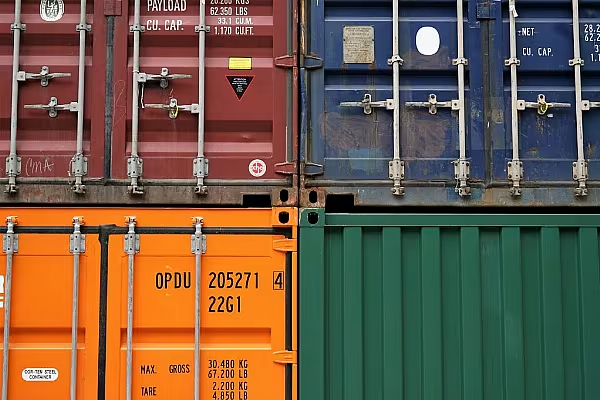The battle for e-commerce dominance in India between Amazon and local rival Flipkart has opened the door for one of the nation’s largest logistics companies to reinvent itself.
Mumbai-based Allcargo Logistics, with a presence in more than 160 countries, plans to transform into a business-to-customer company with a focus on e-commerce from its traditional business of port-based logistics.
The company is investing in new warehouses and will consider acquiring technology-driven logistics players, Chairman Shashi Kiran Shetty said in an interview last month.
Amazon and Flipkart have invested billions of dollars to widen their offerings and customer base at a time when increasing broadband and mobile penetration are bringing more of India’s 1.3 billion people online.
E-commerce companies need seamless, last-mile connectivity to ensure the delivery of goods in cities as well as India’s remote hinterlands - a need that providers of third-party logistics services address.
“With smartphones penetrating deeper into the country and e-commerce expected to grow from the current 60 million users to 200 million users over the next four to five years, there will be an opportunity,” Shetty said.
“All smartphone users are likely to use online services for their day-to-day as well as business requirements, so that is a growing space, which we don’t want to miss.”
Expansion Plans
Allcargo is building large hub-warehouses in four Indian cities and reworking its existing storage facilities near ports to provide services to e-commerce companies as part of the restructuring.
It plans to build warehouses on an existing land bank of 300 acres at a cost of 7 billion rupees ($110 million) to 10 billion rupees over the next five years. The company would raise funds for these investments through debt, equity or a strategic investor, Shetty said.
“It’s the expansion of our shipping business to road in a domestic market,” he said. “We will also offer last-mile delivery for the likes of Amazon and Flipkart.”
The company’s shares have climbed 31% in the past year and traded at 224.30 rupees as of 2:22 pm in Mumbai on Tuesday.
Another trigger for Allcargo’s move has been the roll-out of a nationwide sales tax that promises to convert Asia’s third-largest economy into a single market.
The government has also recognised logistics as an infrastructure sub-sector, which Shetty said may help reduce borrowing costs and encourage expansion.
Industry Competition
Other traditional players such as DHL Group, Gati, Blue Dart Express and TVS Group are also building warehouses to target e-commerce, competing with niche companies such as Delhivery, Ecom Express and GoJavas.
As a brick-and-mortar logistics company, Allcargo may struggle in the fast-paced technology-driven world of e-commerce logistics, given its organizational structure and culture, said Ramesh Singhal, chief executive officer at Mumbai-based I-maritime Consultancy. It should have looked instead at starting a focused division or company, he said.
Allcargo’s revenues have grown about 42% in the past four years to 55.8 billion rupees ($879 million) in the 12 months ended March, according to data compiled by Bloomberg.
Sales will probably cross $1 billion this financial year, Shetty said, adding that the company will consider acquiring technology starts-ups and digitisation-driven logistic businesses as it targets revenues of $2 billion by 2020.
“We know it is a bold business plan to achieve in a industry which is so diverse and fragmented,” he said. “That kind of growth can only happen if there are a series of acquisitions.”
News by Bloomberg, edited by ESM. Click subscribe to sign up to ESM: The European Supermarket Magazine.













